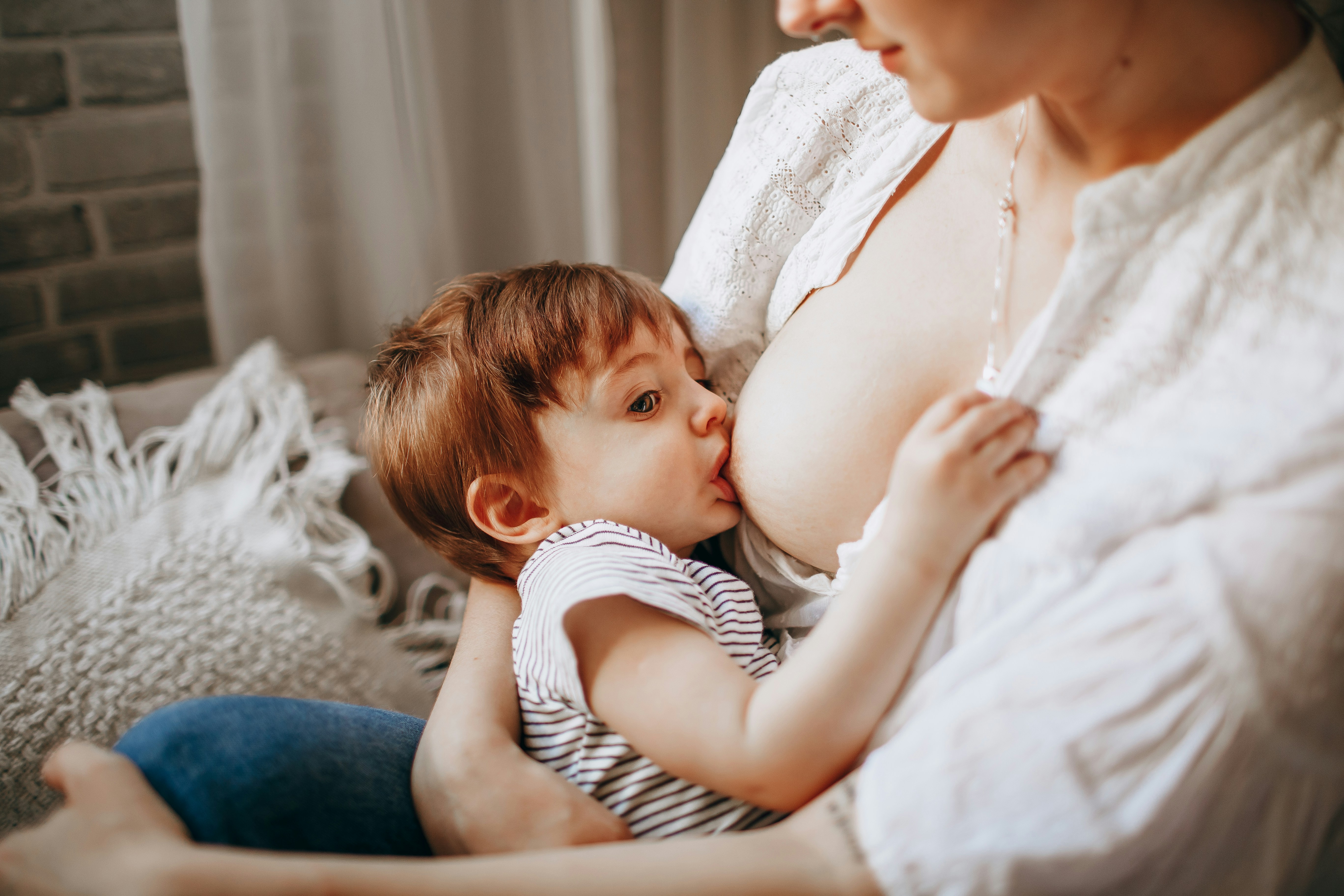Media release
From:
Speakers:
- Professor Sherene Loi is a Medical Oncologist and clinician scientist (Group Leader) at the Peter MacCallum Cancer Centre
Breastfeeding linked to lasting immune protection against breast cancer
A team of researchers led by Peter Mac’s Professor Sherene Loi has uncovered how having children and
breastfeeding reduces a woman’s long-term risk of breast cancer.
Published today in the prestigious journal Nature, the study provides a biological explanation for the protective
effect of childbearing and shows how this has a lasting impact on a woman’s immune system. Professor Loi says
the findings also offer new insights into breast cancer prevention and treatment.
“We found that women who have breastfed have more specialised immune cells, called CD8⁺ T cells, that ‘live’ in
the breast tissue for decades after childbirth,” says Prof Loi, who is a Peter Mac clinician scientist.
“These cells act like local guards, ready to attack abnormal cells that might turn into cancer. This protection may
have evolved to defend mothers during the vulnerable post-pregnancy period, but today it also lowers breast cancer
risk, especially the aggressive type called triple-negative breast cancer.”
Professor Loi says completing a full cycle of pregnancy, breastfeeding, and breast recovery caused these T cells to
accumulate in the breast. Their protective effect was confirmed in preclinical experiments.
“When breast cancer cells were introduced, the models with this reproductive history were far better at slowing or
stopping tumour growth but only if T cells were present,” she says.
“We also studied data from over 1,000 breast cancer patients and found women who breastfed had tumours with
higher numbers of these protective T cells and, in some groups, they lived longer after diagnosis of breast cancer.”
While it has been known for some time having children reduces a woman’s breast cancer risk, the reasons are not
yet fully understood and pregnancy-related hormonal changes were thought to be a major factor.
This research points instead to immune changes within the breast tissue and understanding this could lead to
entirely new approaches to prevent and treat breast cancer.
Every day, approximately 58 Australians will be diagnosed with breast cancer. It is the second most diagnosed
cancer in Australia, the most common cancer among women and its incidence is rising in younger women.
The paper in Nature is titled “Parity and lactation induce T cell 1 mediated breast cancer protection” and you can
read it in full here: https://www.nature.com/articles/s41586-025-09713-5
A paper based on this research was also just presented by Professor Loi at the European Society for Medical
Oncology (ESMO) Congress 2025, in Berlin (17-21 October).
This research had significant contributions by co-first authors Dr Balaji Virassamy, Dr Peter Savas and Dr Michael
Harris at Peter Mac. Collaboration also with Professor Laura MacKay at the Peter Doherty Institute for Infection and
Immunity, as well as the Darcy and Neeson laboratories at Peter Mac.
The Breast Cancer Research Foundation, and the Mark Foundation for Cancer Research, supported this research.
Professor Loi is also supported by NBCF and the NHMRC.
< ends >



 Australia; International; VIC
Australia; International; VIC


